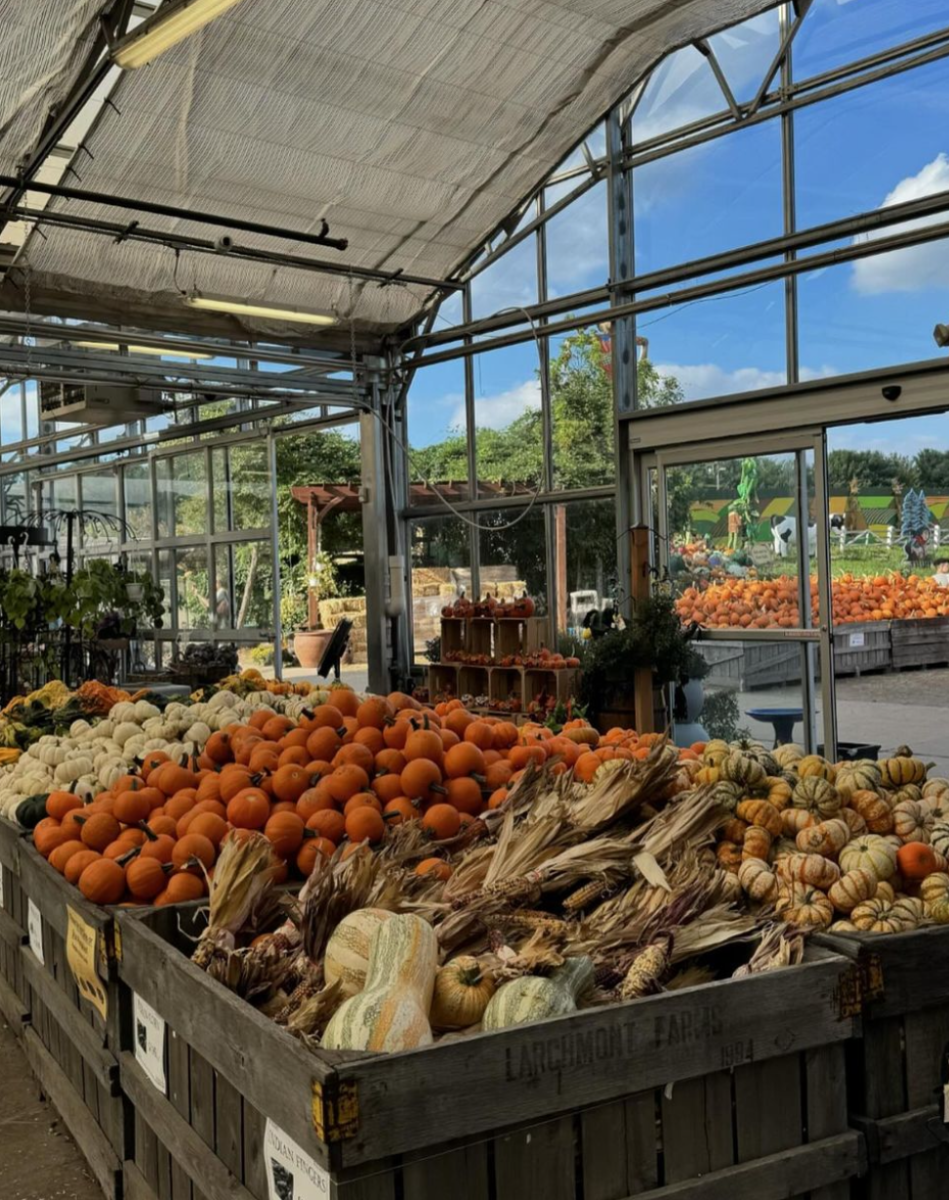As the leaves turn and the air becomes crisp, communities all around the world embrace the harvest season. This time of year not only marks a change in nature but also brings together various faiths and cultures in celebration of abundance, gratitude, and community. This season highlights the unique rituals, foods, and group gatherings of different communities across various faiths.
For the Jewish community, fall brings the festival of Sukkot, a week-long celebration that commemorates the Israelites’ journey through the desert. Families build temporary shelters called sukkahs, where they eat, pray, and occasionally sleep. This practice symbolizes their reliance on God and the bounty of the harvest. In our area, the synagogues host Sukkot events that bring families together for meals and community prayers. During this holiday, traditional foods like challah, apples dipped in honey, and stuffed cabbage are served, highlighting hospitality and gratitude.
Though not a religious holiday for all, Thanksgiving has deep roots in Christian tradition, particularly among those who celebrate it as a day of thanks and appreciation. During this season, many Christians consider their blessings and frequently attend church services that emphasize gratitude. Many communities across the region often host dinners to serve those in need, embodying the spirit of giving during the Thanksgiving season. Traditional foods like turkey, stuffing, and pumpkin pie take center stage, uniting families and friends around the table.
In the fall, Hindus celebrate Navaratri, a nine-night festival honoring the goddess Durga. This vibrant festival features traditional dances, prayers, and elaborate feasts. Many Hindus fast during these nights, culminating in joyous celebrations filled with music and dance.
Shortly after Navaratri, Diwali, the Festival of Lights, takes place. This important celebration symbolizes the triumph of good over evil and light over darkness. Homes are decorated with colorful rangoli designs, and families gather for elaborate meals that may include sweets like gulab jamun and savory dishes. Local temples often host community gatherings, where participants can enjoy cultural performances and share traditional foods.
Indigenous communities also commonly commemorate the harvest season, honoring the earth’s gifts through various rituals. These festivities include feasting, storytelling, and ceremonies that express gratitude for the land and its resources. In many communities, local gatherings like harvest festivals organized by Indigenous groups provide opportunities for people to share their customs, foods, and stories. These events foster a deeper understanding of Indigenous heritage and the significance of the harvest.
In Philly, there are also many events that highlight these diverse harvest celebrations. The annual Philadelphia Folk Festival features performances that celebrate various cultural traditions, including those of different faiths in the autumn months. Additionally, the city’s numerous farmers’ markets not only celebrate local harvests but also provide spaces for communities to gather and share their fresh food and home baked goods.
As we celebrate this fall season, it’s clear that different faiths and cultures enrich our community through their unique holidays, traditions, and gatherings. From the warmth of a sukkah to the light of Diwali candles, each festivity reminds us of the importance of gratitude, community, and the abundance of the earth. The diverse harvest celebrations across cultures remind us that, regardless of our backgrounds, gratitude, or community, appreciation for nature’s bounty unites us all.


